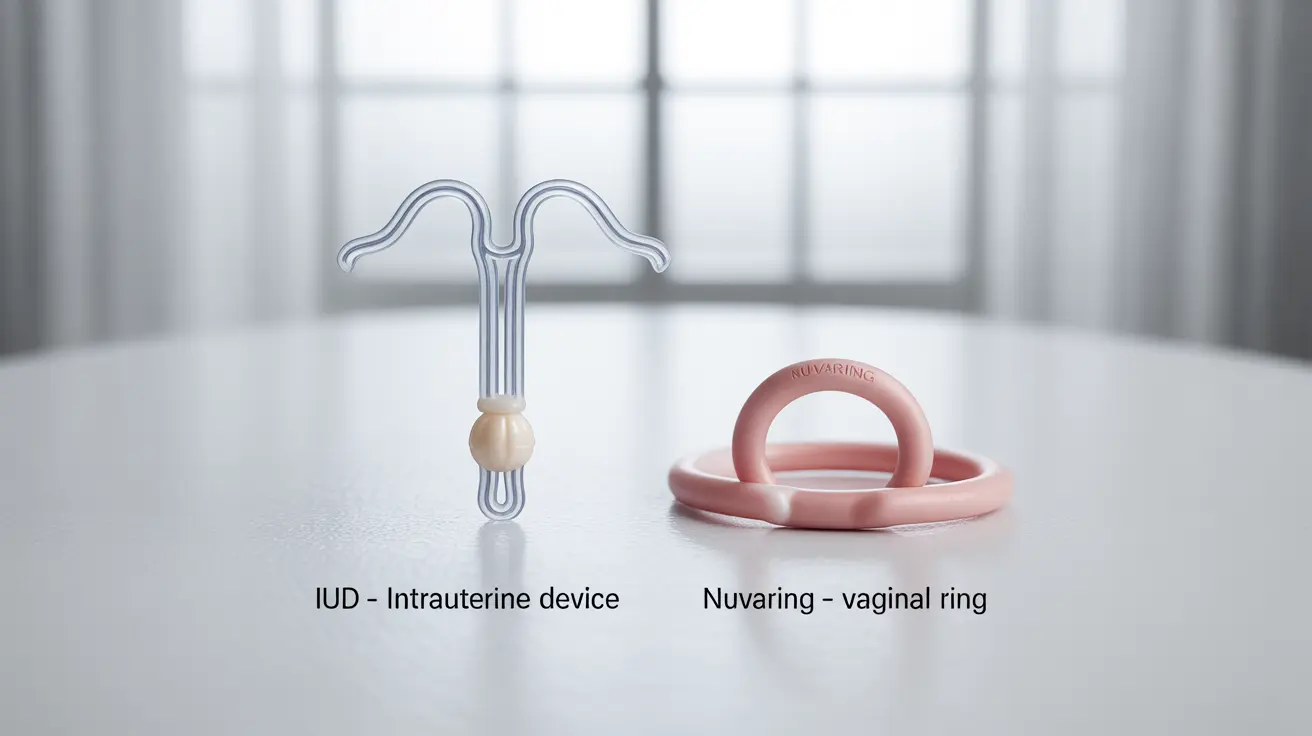GetLabTest News
Symptom Analysis
Interpreting Test Results
Diseases & Symptoms
Health Queries Answered
All
Latest
How to Be a Better Person and Be Happy: A Complete Guide to Personal Growth
Explore essential strategies on how to be a better person and be happy through mindfulness, empathy, and personal growth techniques.

Discover the dirty bulk method for muscle building. Understand its risks, effectiveness, and how it differs from clean bulking.
Diseases & Symptoms
min read

Explore the dual nature of belladonna, from its deadly toxicity to valuable medical applications. Understand risks and benefits.
Diseases & Symptoms
min read

Explore the key differences between IUD vs NuvaRing. Understand their mechanisms, effectiveness, side effects, and find the best birth control for you.
Health Queries Answered
min read

Discover how a shikibuton can enhance sleep quality and spinal health. Learn its benefits, potential drawbacks, and choosing the right one.
Health Queries Answered
min read
